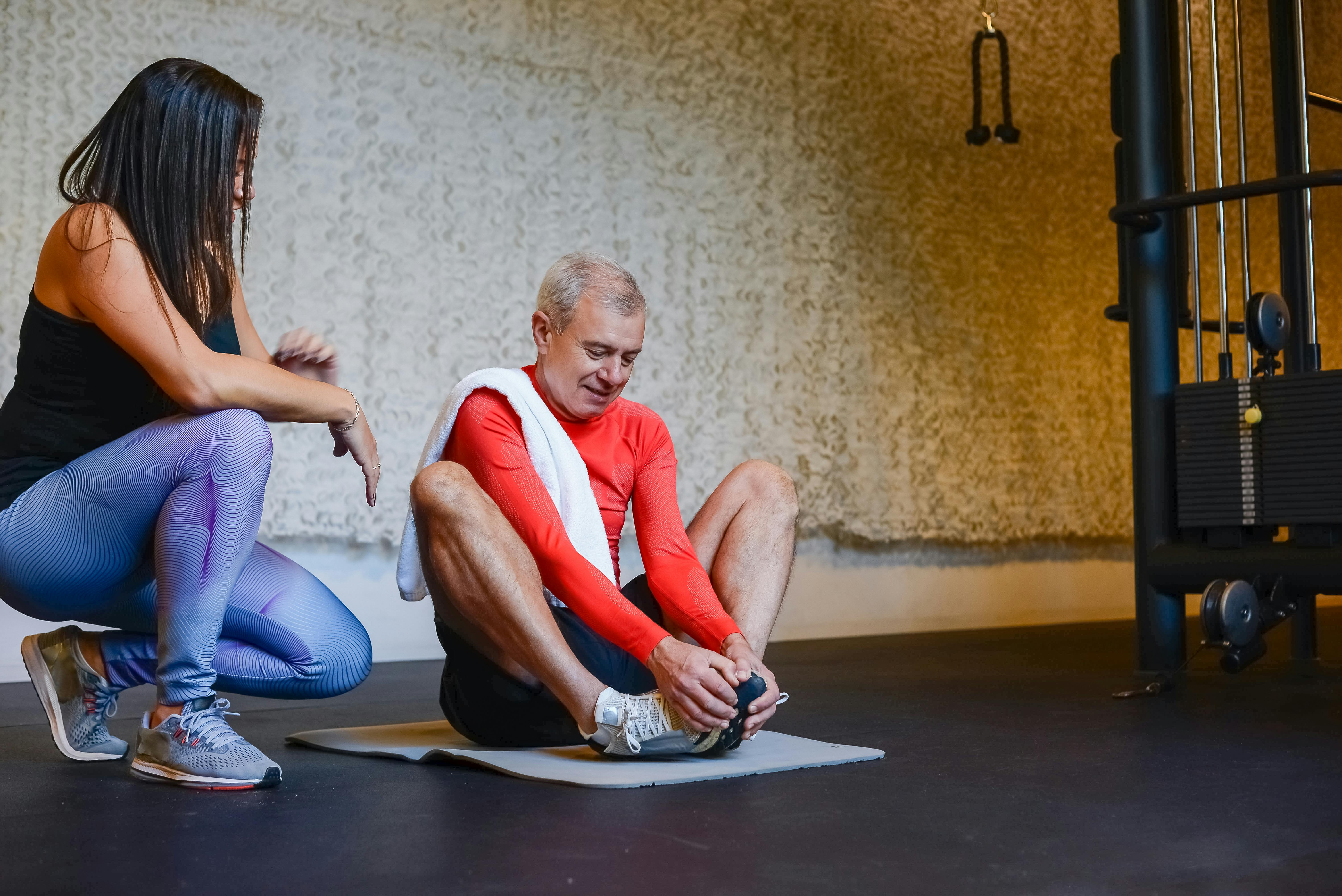I’m not a big fan of long cardio, especially extreme bouts of cardio, ie marathon running.
Last weekend, a 41-year-old man died while running one of the Toronto marathons. Last year, same thing. These are not the first, nor will they be the last men to die running a marathon.
And for what?
Running an irrelevant distance for no reason. I don’t see any logical reason for most people to run a marathon. Particularly when you are a young 40 year old father of a family. You can be fit and healthy with much less exercise time, as long as you train with much better exercise options.
Sure, you can say you’re pushing the limits of your human performance… but I doubt that’s any consolation to the two men’s family.
No matter how “Type A” someone is, or how motivated they are to participate in a marathon, just being able to run a marathon proves nothing. And it can have disastrous consequences. Not to mention the many smaller negative consequences of:
a) A loss of hours of your life away from loved ones as you pound the pavement
b) Knee pain, chronic back pain and foot blisters
c) Money and time lost in the physiotherapist’s office
d) A poorly trained body (ie, weak rear body, no upper body strength, overuse injuries)
e) A level of fitness that has limited transfer to real world needs (carrying groceries and other items, outruning an attacker, manual labor, etc.)
So please, if you insist on running marathons, do yourself and your family a favor and:
1) Get a complete physical exam from your doctor. This goes without saying to anyone over the age of 30 who is on an exercise program, but marathon running is another reason not to neglect your physicals.
2) Pay close attention to your body during the race. Wear a heart rate monitor and exercise conservatively, drink the right amount of fluids (but not too much as it can be the killer on long runs) and just be careful. A marathon is hardly a reason to risk your life.
Now, here’s more bad news.
Cardio has been killing fat loss programs for decades.
Because?
Because almost all of the exercise science studies done in the ’70s through the early ’90s were done on distance running.
From there we receive the messages that:
i) To lose fat, you had to do long, slow resistance training. Clearly, we know this is false. Nutrition is the most important aspect of fat loss.
ii) That we must eat a diet high in carbohydrates. This message, while generally true of endurance athletes, has been widely applied to fat loss. So we were put through that horrible low-fat, high-carb phase in the ’90s where we were urged to eat low-fat Snackwell cookies without regard to sugar and calorie content.
iii) Beginners should participate in high volume walking and running programs. Now, while it’s important for people to get out and exercise, high-volume activities for unprepared beginner muscles are going to cause injury quickly. And that’s what happened to most people who tried to start running.
iv) Too many cardio enthusiasts had the wrong mindset of “If I go for a 5 mile run, I can have some juice and cookies as a reward.” Needless to say, that didn’t help anyone lose fat.
Did the end work?
This high-cardio, high-carb approach to exercise and fat loss left many men and women with thundering thighs, saddlebags, and chronic running injuries.
Fast forward to this decade, and the mainstream media is finally starting to see the benefits of strength training and interval training for both fat loss and the cardiovascular system.
Not to mention, people are finally getting their nutrition right. And it’s so simple:
– lots of fruits and vegetables (rarely does anyone eat enough)
– lean protein
– healthy fats
– fiber-rich, low-glycemic carbohydrates
So eat right, train right, and stay safe.
Sincerely,
Craig Ballantyne, CSCS, MS
Author, Turbulence Training



